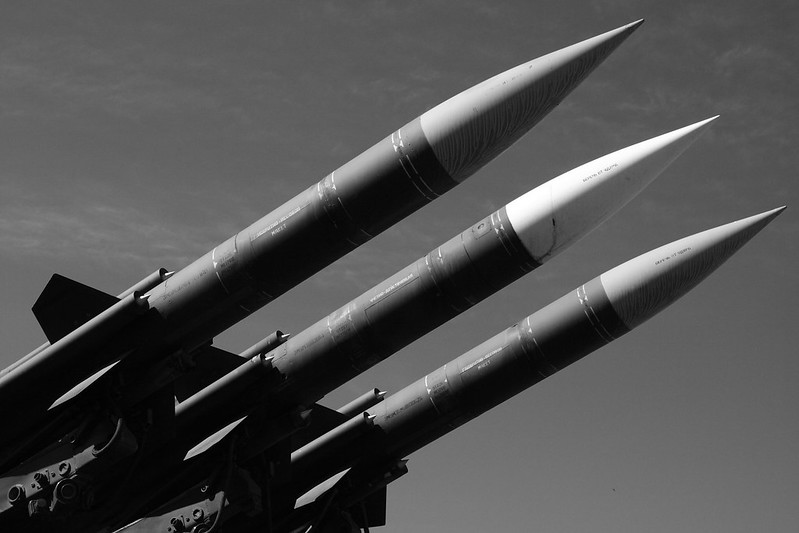For Israel, even after recent successes in complex self-defense operations, it is high time to forge a comprehensive “strategic dialectic.” To be sure, Jerusalem’s most capable security planners are already “on the job,” but there remains at least one seemingly indecipherable factor: Credibility of Russia’s escalating threats to deter Israeli preemptive strikes against Iran.
Though there could be no scientific or logic-based way to fully assess such Russian threats (extraordinary because they concern events that would be historically unique or sui generis), the Jewish State will still have no choice but to reach operationally useful conclusions.
For Jerusalem, there will be multiple and potentially intersecting scenarios. In these daunting cases, total prospective harms would always be greater than the calculable sum of their constituent “parts.” Among other things, this cumulative metric could signal an enlarged and potentially irreversible exposure to Russian-inflicted harms which could be authentically existential.
Reduced to its essentials, a worst case scenario for Jerusalem would commence with additional and progressively more explicit threats from Moscow concerning contemplated Israeli preemptions. Israel, fully aware that it could not reasonably expect to coexist indefinitely with a nuclear Iran, would go ahead with its planned preemptions in spite of Russian warnings. In response, Russian forces (air, land, sea) would begin to act directly against Israel (as they are presently acting against Ukraine), seeking to persuade Jerusalem that Moscow is in a plausibly superior position to dominate any imaginable escalations.
Such persuasion ought not to be a “hard sell” for Putin. Unless the United States were to immediately enter the situation in unambiguously support of Israel, Moscow would have no foreseeable difficulty in establishing “escalation dominance.”
Would the United States display such credible willingness, a commitment that could place its tiny ally in an historically unprecedented positon of vulnerability? For the most part, the answer would lie with the character and inclinations of the new American president. It this national and international leader would accept the long-term benefits of honoring US alliance agreements; the world could be looking at another Cuban Missile Crisis or some similar confrontation. If not, Jerusalem would have no real choice but to face a nuclear Iran.
There will be important issuers of nuclear doctrine. In his continuing war of aggression and genocide against Ukraine, Vladimir Putin has been recycling provocative elements of Soviet-era strategic thinking. One especially critical element concerns the absence of any presumptive or codified “firebreak” between conventional and tactical nuclear force engagements. Now, much as it was during the “classical” Soviet-era of nuclear deterrence, Moscow openly identifies the determinative escalatory threshold with a first-use of high-yield, long-range strategic nuclear weapons, not with any first use of tactical (theater) nuclear weapons.
This perilous escalation doctrine is not shared by Israel’s United States ally, and could erode once-stabilizing barriers of intra-war deterrence between the superpowers. Whether sudden or incremental, any such erosion could impact the plausibility of both a deliberate and inadvertent nuclear war. Here, as Israel could need to depend on US support in countering Russian nuclear threats, Vladimir Putin should occupy a central place in Israel’s threat assessments of Iranian nuclear progress.
For Israel, the bottom-line of such assessment is the obligation to work-through all preemption–option complexities, no matter how “dense.” Reaching a rational judgment on launching defensive first strikes against a still pre-nuclear Iran will require careful anticipations of (1) Russian and/or North Korean involvement; and (2) United States willingness to stand by Israel in extremis; that it, when all active adversaries are struggling for “escalation dominance.”
For Israel, perhaps more than any other decisional factor, compelling evidence of Russian support for Iran’s ongoing nuclearization could represent a poisonous “fly in the ointment.” Together with certain other potentially lethal threats from already-nuclear North Korea, this latent “toxin” warrants continuously close attention in Jerusalem.


























